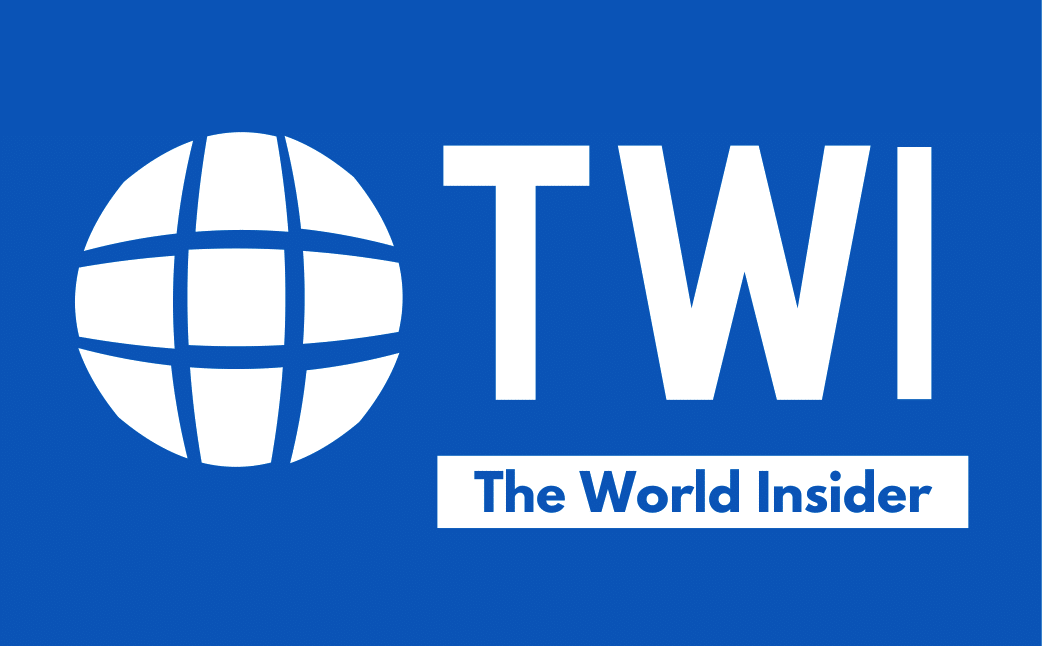The Summit for Democracy hosted by U.S. President Joe Biden was held virtually from December 9 to 10 with the aim of renewing democracy and confronting autocracies.
According to the U.S. administration officials, the event was just the “launch” of a longer dialogue on democracy, and countries will need to implement the reforms to be invited to attend follow-up summit meetings planned for next year.
The Summit focused on the commitments centered around three principal themes: Defending against authoritarianism, Advancing respect for human rights, and Addressing and fighting corruption.
In the opening speech of the virtual summit, President Biden said that global freedoms were under threat from autocrats seeking to expand power, and democratic nations need to work together and address the issue.
President Biden said: “We stand at an inflection point in our history, in my view. …Will we allow the backward slide of rights and democracy to continue unchecked? Or will we together have a vision…and courage to once more lead the march of human progress and human freedom forward?”
At the opening of the two-day summit, Biden announced a series of measures aimed at providing concrete support to civil rights, with a total expenditure of $424 million. Part of the funds will flow to independent media in threatened areas through a fund managed by “leading international media experts.”
The United States Agency for International Development (USAID) will also establish a global “defamation defense fund” to provide liability insurance for investigative journalists in response to what President Biden called “nuisance lawsuits aimed at preventing them from carrying out important work around the world.”
The Summit also focused on combating corruption and the USAID is expected to launch a series of projects to monitor and combat corruption networks and protect civil society groups and individuals, who are fighting corruption in their countries.
On the second day of the summit, world leaders held discussions about the protection of human rights and agreed to strengthen human rights defenders and independent media. The leaders also discussed threats to democracy in the digital age and agreed to enhance digital surveillance.
President Biden emphasized: “Democracy doesn’t happen by accident. And we have to renew it with each generation… In my view, this is the defining challenge of our time.”
Biden also said that autocracies can never extinguish the embers of liberty that burn in the hearts of people around the world, in every portion of the world. “We’re committed to working with all who share those values, to shape the rules of the road that are going to govern our progress in the 21st century, including on issues of cybersecurity and emerging technologies so that future generations continue to reap the benefits of liberty and democracy, as we have,” Biden added.




